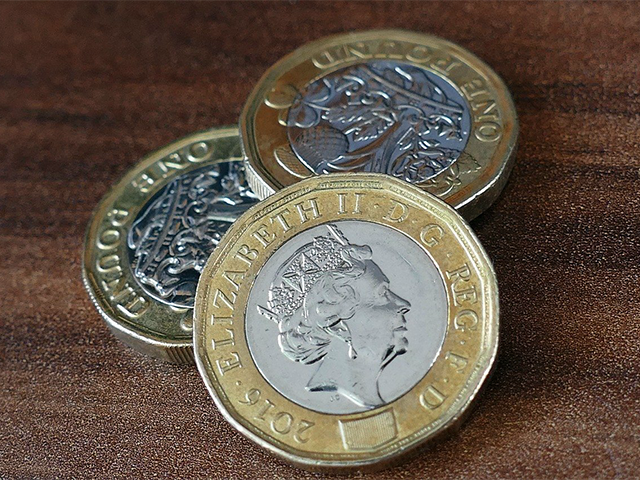How To Organise Your Budget To Help Save For The Future

Now if 2020 has taught us anything, aside from how much we all hate a pandemic, it’s that saving money for a rainy day (or a rainy 10 months) is extremely important. The biggest problem with saving is that most of us don’t know where to start. This can result in living paycheque to paycheque and leaving no wiggle room for a sudden illness, a higher electrical bill or even putting money into your pension. To help out we’ve compiled a Top 5 Saving tips, to help your income go that little bit further.
Number 1: Make A Record Of Your Monthly Or Weekly Expenses
This includes everything from your food shop to a drink at the pub! Tracking what you spend your income on is the first step to cutting out any unnecessary expenses. To help with this there are loads of online tools you can use. Banks like Monzo (which are free to sign up for) divide your spending into categories, so you know what you are spending your hard-earned cash on. Equally, using Microsoft office tools like Excel is great for this kind of thing and helping you track your spending over time. Once you’ve started doing this, you can work out where to reduce your spending and put that money into savings instead.
Number 2: Use The 50/30/20 Rule
Using something like the 50/30/20 budgeting rule is a great way of managing your finances and helping you save up whilst still allowing you to enjoy your income. This budgeting technique was coined by Elizabeth Warren as a way of organising your finances. The basic rule is to allocate 50% of your income on needs, 30% on wants, and then putting 20% into savings.
50% - Needs
This is anything that you MUST pay. So, rent/ mortgage payments, council tax, utility bills, and food from the shops – not takeaways or dining out. The idea here is that you shouldn’t be spending any more than 50% of what you take home on things. If you are spending more than 50% of your income on needs, then you’ll need to either cut down on your wants or try and downsize your lifestyle. This means either renting a smaller home or taking public transport instead of having a car.
30% - Wants
This is where you spend your money on the things that you want. So dinner dates trips to the pub, a new jacket or TV. Essentially this is the part of your budget for things that, at the end of the day, are optional. To keep this in check try and moderate your spending or look for discounts. Buying the most expensive thing on the menu is always tempting but doing it every time isn’t always sustainable. Now, whilst these are optional expenditures, that doesn’t mean that you shouldn’t still spend your money on them. After all, what’s the point in having an income if you don’t get to enjoy it. Just don’t go too over the top!
20% - Savings
This is for your future or a rainy-day fund. This budgeting technique states you should look to put away about 20% of your income into a savings fund, investment portfolio or pension. Whilst not always the most glamourous, investing money can bring you a greater return in the long run. There are loads of companies that manage portfolios, one of which we suggest later, so you don’t need to think too much about this.
Number 3: Make Your Saving Is Automatic
This is reasonably straightforward, as most banks will offer this service. Setting up your account to save a portion of your income each month means you won’t feel like you are the one having to actively save. It also takes the temptation away from spending the money that you want to save.
Number 4: Choose An Investment Platform
Many of us know about investing and stocks and shares, but ultimately are worried that we’ll pick the wrong ones and will end up losing our hard-earned cash. That’s why we suggested choosing a company which manage your portfolio for you! A great one to use is Tickr. This is a mobile app that is super easy to use where you can invest as much of your income into companies that seek to make a profit as well as trying to make a positive impact on the planet. Companies such as this make investing accessible and grow your savings without you having to do anything. It is worth remembering that, as with anything, this carries a degree of risk but is far less than doing it yourself.
Number 5: Sign Up To Promotional Companies
The reality is, with most people, if we want to buy something, sooner or later it is going to happen. So we suggest signing up for promotional companies. Signing up to companies such as ‘Honey’ will help reduce your online spending automatically. There are hundreds of different websites or browser extensions that do this and can dramatically reduce your spending. Without you having to scour the internet for promotional offers. Remember 10% off may not seem like a lot, but if it’s on something like a new laptop, this can be hundreds of pounds saved for no additional cost. Using these 5 Bettersafe tips you’ll be able to save more of your income and help protect yourself for a rainy day.





